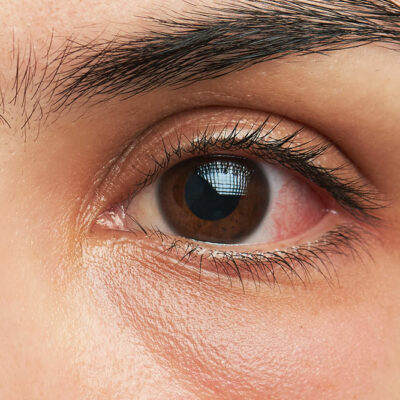
Things you need to know about a sugar-free diet
As the name suggests, a sugar-free diet restricts all food items containing any form of added sugars. Even those food items that are naturally sweet are eliminated, such as carrots, potatoes, peas, white rice, and parsnips.
Depending on your ability and requirement, you may consume fruits which are naturally sweet, but you may still have to cut down on juices and say no to any form of refined sugars. Artificial sweeteners are still permissible, but you must consult a dietician for this.
Here is a list of food items that you should stay away from while following a sugar-free diet.
- Sugars
The list includes refined sugars, table sugar, confectioners’ sugar, maple syrup, honey, white sugar, maple crystals, corn syrup, and the like.
- Refined flours
Brownies, bagels, white bread, cookies, and cake.
- Beverages
Juice, soda, sweetened tea, or coffee.
You can instead have the following foods.
- Whole grains
Barley, brown rice, wild rice, quinoa, and millet.
- Spices
Cinnamon, cumin, paprika, vanilla, and ginger.
- All vegetables
Cabbage, cauliflower, lettuce, broccoli, celery, beetroot, kale, and spinach.
- Legumes and beans
Lentils, kidney beans, navy beans, and chickpeas.
How does a sugar-free diet work?
Many dieticians and doctors across the globe advise cutting sugars from your diet as they contain minimal essential nutrients and all they contribute are kilojoules, which can cause problems like obesity. A sugar-free diet restrains kilojoules, and therefore, the diet becomes more effective.
The sugar-free diet works by cutting calories from processed foods and added sugars because of which you feel fuller.
Things that you should do before adopting a sugar free diet
Sugar is indeed a necessity. It might not be easy in the beginning to live without sugar. It is not advisable to abruptly adopt a sugar-free diet. So, here are some effective tips that will help you cope with this healthy transition.
Get more sleep
Aim for at least six to eight hours of sleep on a daily basis. By doing this, you are able to balance your hunger or appetite-regulating hormones (ghrelin and leptin), and your craving for sweet reduces.
Consume fruits to satisfy your sweet tooth
Fruits do contain sugar, but those are natural sugars which are not harmful, unlike refined sugars. You should opt for low glycemic fruits, like green apples and berries, or any fruits that have a high citrus content. These fruits, apart from giving you a feeling of sweetness, give you a lot of fiber and other beneficial phytonutrients.
Use stress management techniques
Many times, people resort to eating sweets out of stress. Elimination of the root cause, which is stress, can reduce one’s craving for eating sweets. There are many options to reduce stress, such as going out for a walk, doing yoga early in the morning, and breathing exercises.
Stay hydrated
Drinking water is a solution to so many issues. There are times when you a feel hungry, but in fact is you are not. Craving for sugar goes on the same lines, and drinking one or two glasses of water can easily quench your craving for something sweet.


